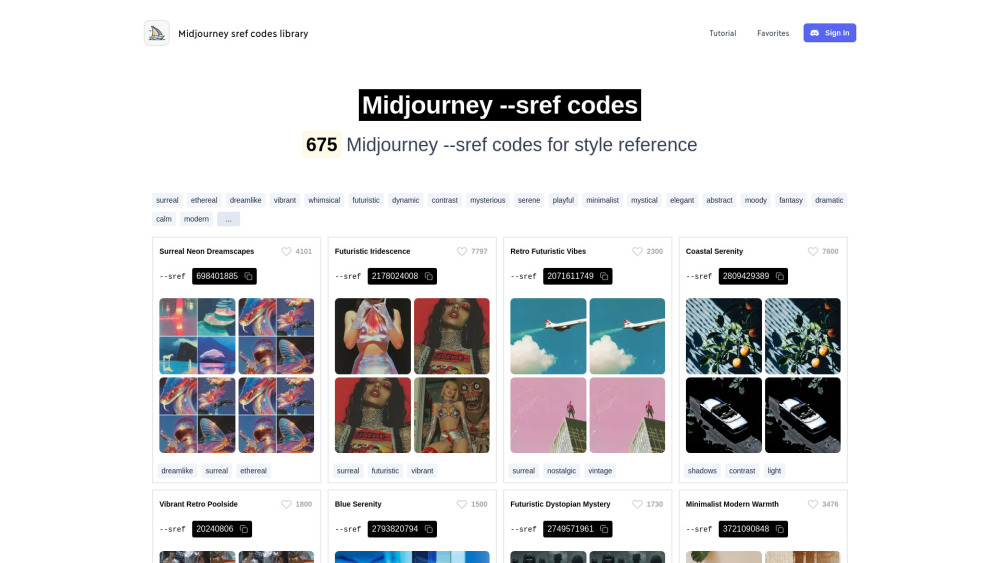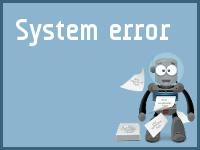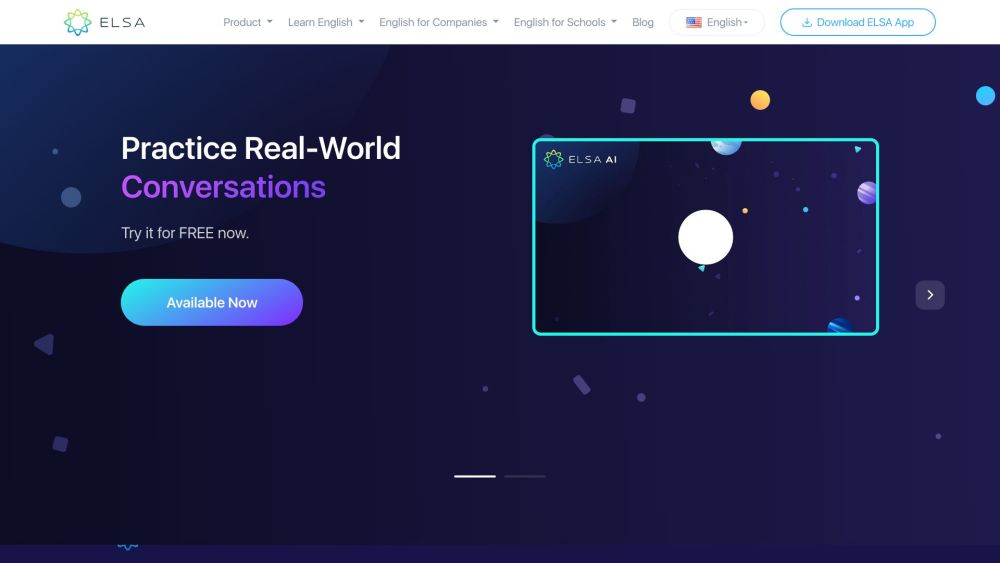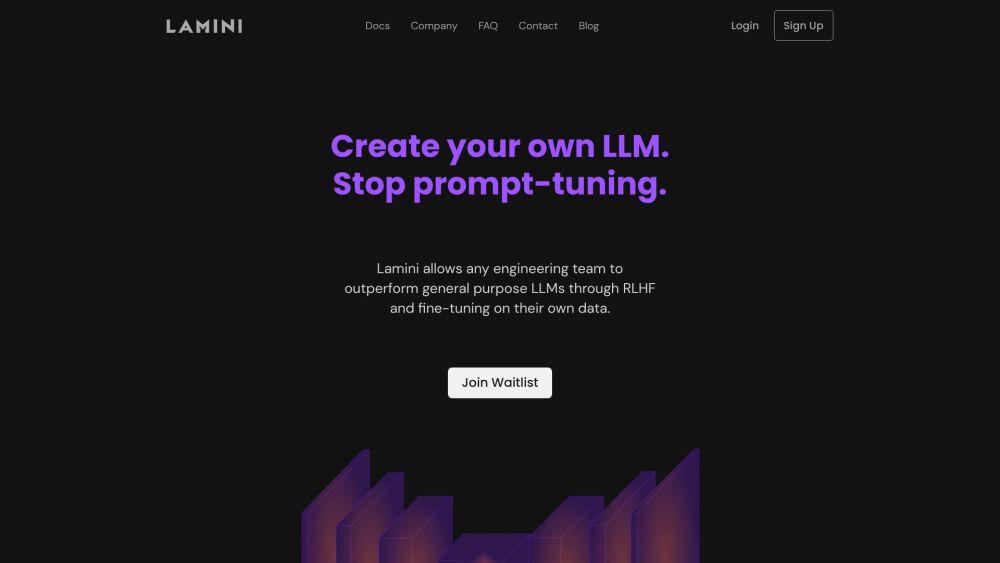The Rise of Deepfakes: A Call for Advanced Detection Solutions
Fake pornography featuring celebrities like Taylor Swift. Photorealistic yet fictional representations of Gaza. The unsettling examples of deepfakes are becoming increasingly common as the technology behind them becomes more accessible and affordable.
A recent Pew Center poll reveals that approximately two-thirds of Americans (66%) frequently encounter manipulated videos and images designed to mislead, with 15% reporting these encounters often. Furthermore, a survey conducted by Axios and Syracuse University found that 62% of AI experts believe that misinformation poses the greatest threat to the integrity and credibility of news in an age dominated by AI-generated content.
What’s the Solution?
So, how do we combat this rising tide of misinformation? According to experts such as Michael Matias, a cybersecurity specialist and co-founder of Clarity, the answer lies in advanced deepfake detection technology. Matias, along with co-founders Gil Avriel and Natalie Fridman, established Clarity in 2022 with the mission to create solutions for identifying AI-manipulated media, primarily focusing on video and audio content.
Clarity is among many companies, both large and small, racing to develop tools for detecting deepfakes. Competitors include Reality Defender, which offers a platform for distinguishing between manipulated text, video, and imagery, as well as Sentinel, which specializes in identifying altered images and videos.
For those unfamiliar with the landscape, it can be challenging to differentiate Clarity's solutions from those of its competitors. Like other vendors, Clarity offers a scanning tool through an app and API, utilizing various AI models trained to identify irregular patterns in videos and audio related to deepfake creation. Additionally, Clarity provides watermarking services for clients to signify their content's authenticity.
However, Matias asserts that Clarity's uniqueness lies not in its visible features but in its responsive capabilities against evolving deepfake types.
“At its core, Clarity leverages AI while functioning as a cybersecurity firm,” Matias explained. “We view deepfakes as viruses—pathogens that quickly replicate and mutate. Our solution is designed to adapt and respond as rapidly as these threats evolve. We have developed infrastructure and AI models specifically for this purpose.”
Achieving precision in deepfake detection remains a constant challenge. Despite having top-tier expertise and technology, the rapid advancement of generative AI and deepfake-creation applications complicates detection efforts. This has led major tech players like Google, Microsoft, and AWS to adopt more advanced watermarking techniques and metadata provenance as partial solutions against deepfakes.
Despite these challenges, Clarity continues to attract significant investment. The New York-based startup, which employs 13 individuals, recently completed a $16 million seed funding round co-led by Walden Catalyst Ventures and Bessemer Venture Partners, joined by Secret Chord Ventures, Ascend Ventures, and Flying Fish Partners.
Clarity has successfully carved out its niche in the market. Initially focused on news publishers and public sector clients—including the Israeli government (with claims of supporting the verification of media related to the Israel-Hamas conflict)—the company has recently expanded its reach to include identity verification providers and other large, unnamed enterprises.
“This is a fast-paced arms race, much like traditional cybersecurity,” Matias noted. “Any company aiming to combat deepfakes must operate with the same speed as those who create and disseminate them.”





